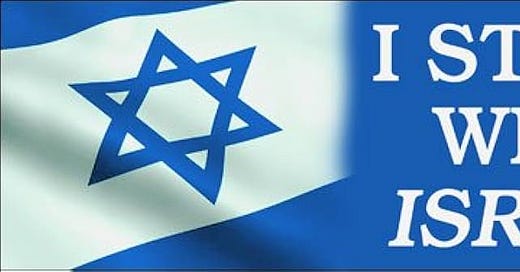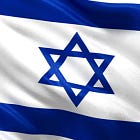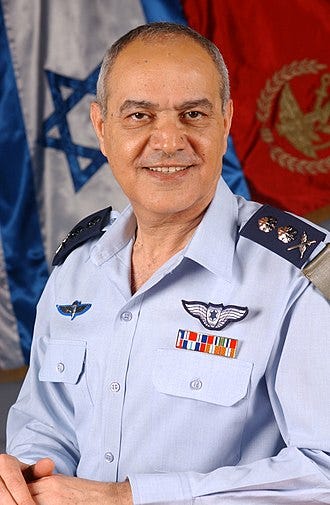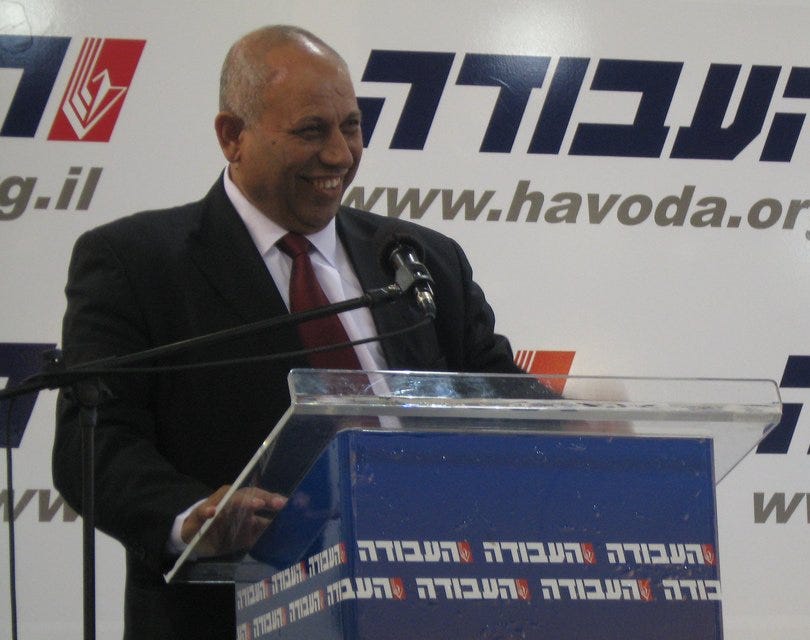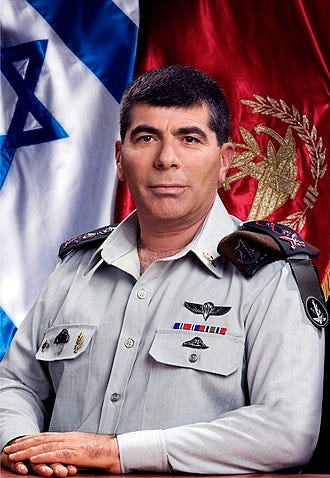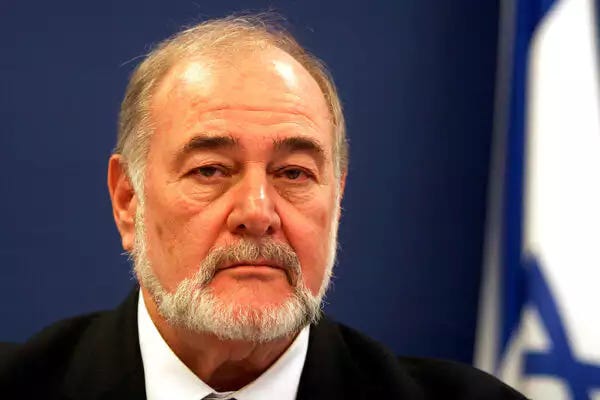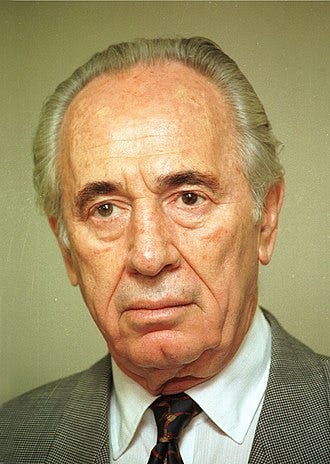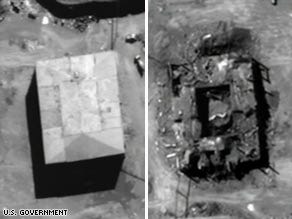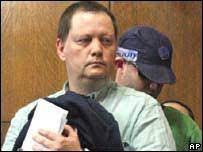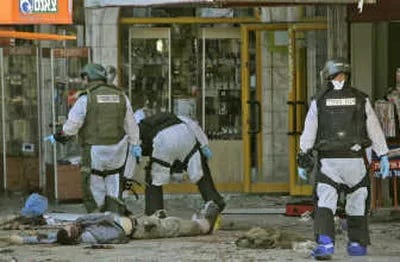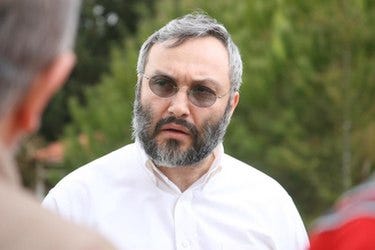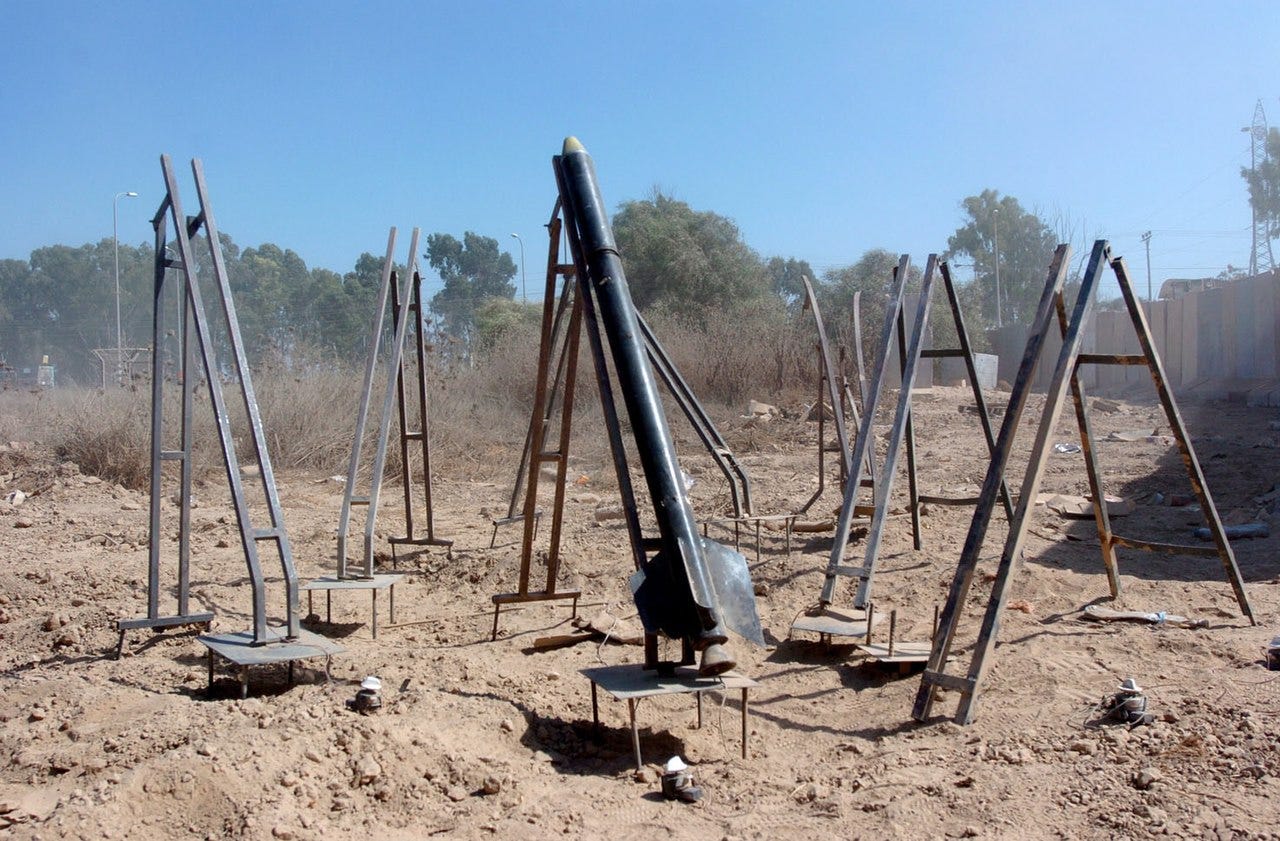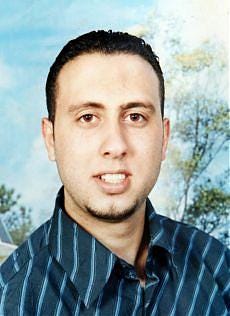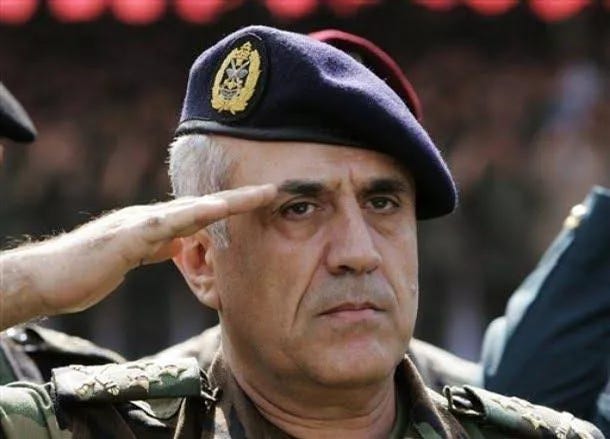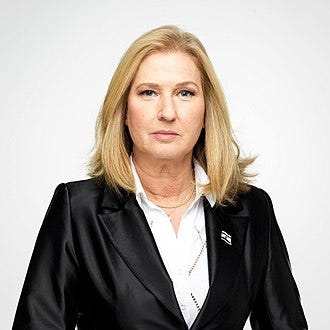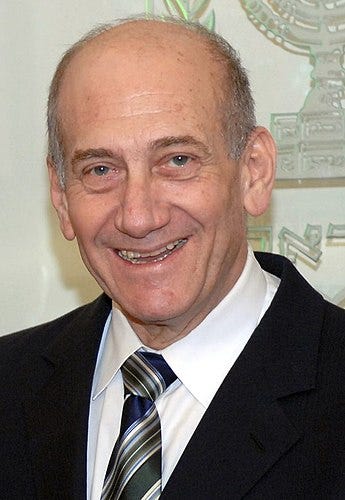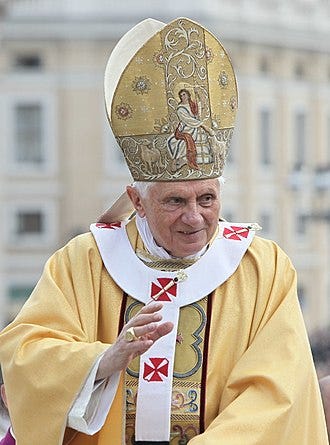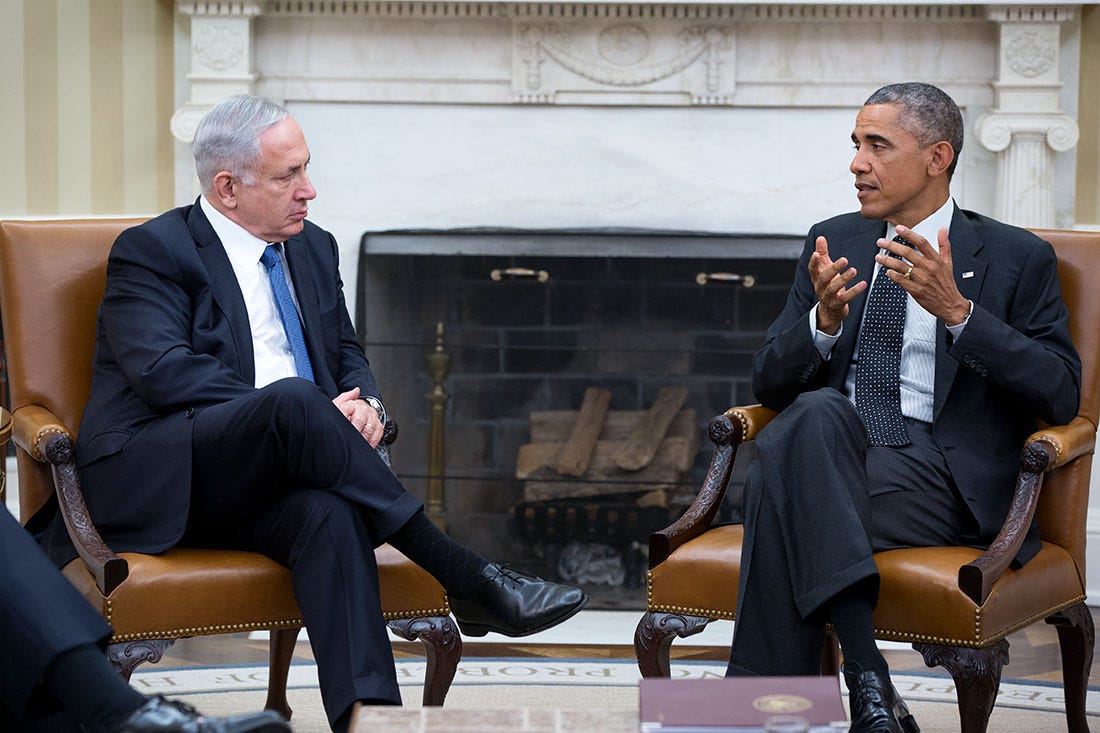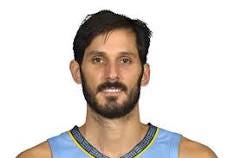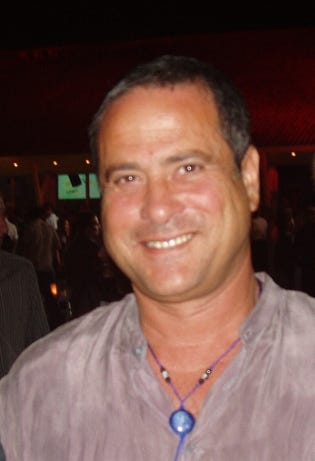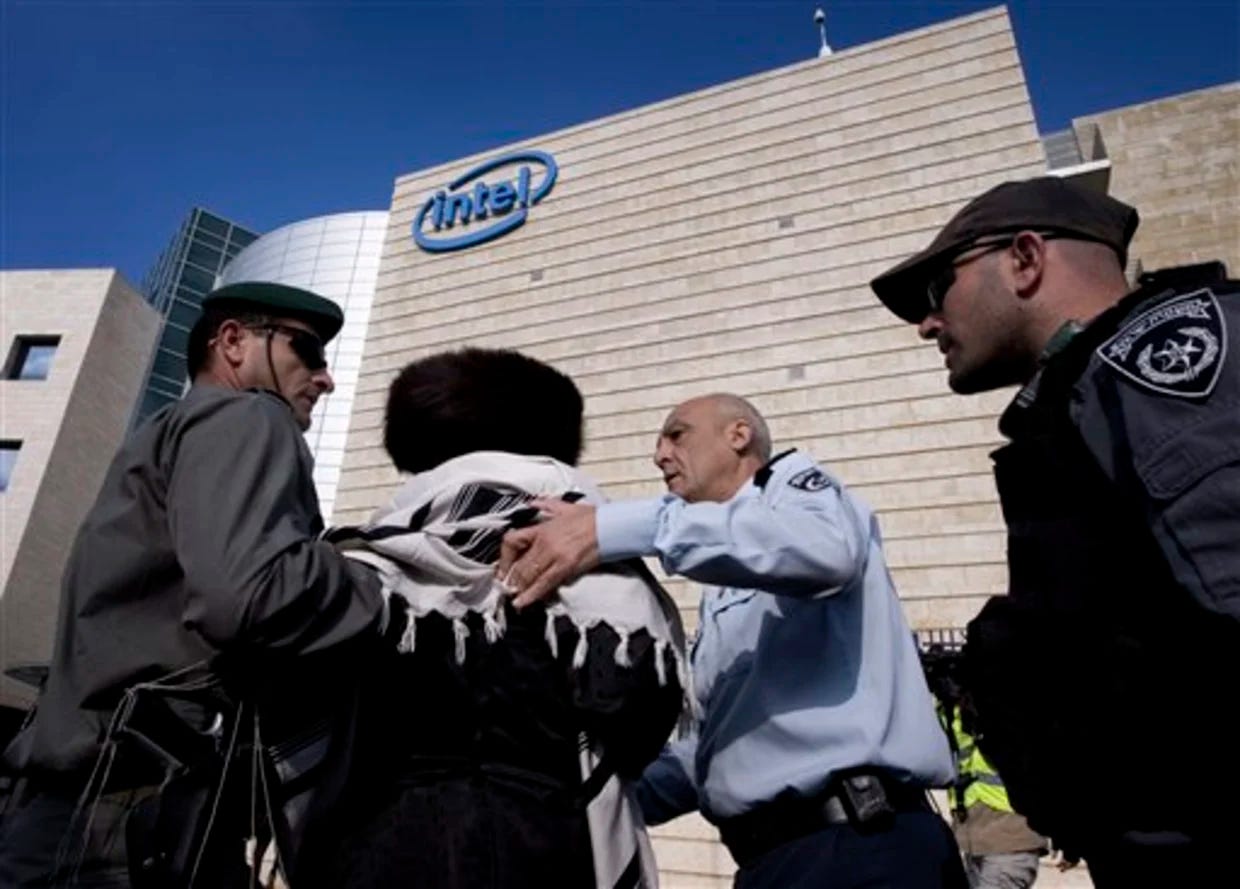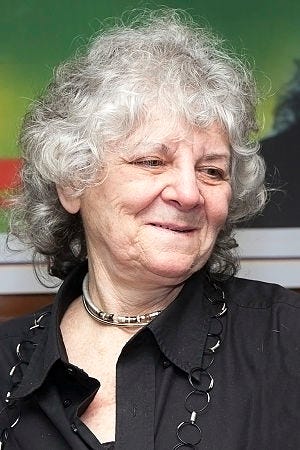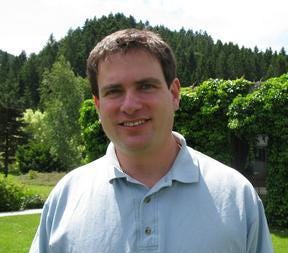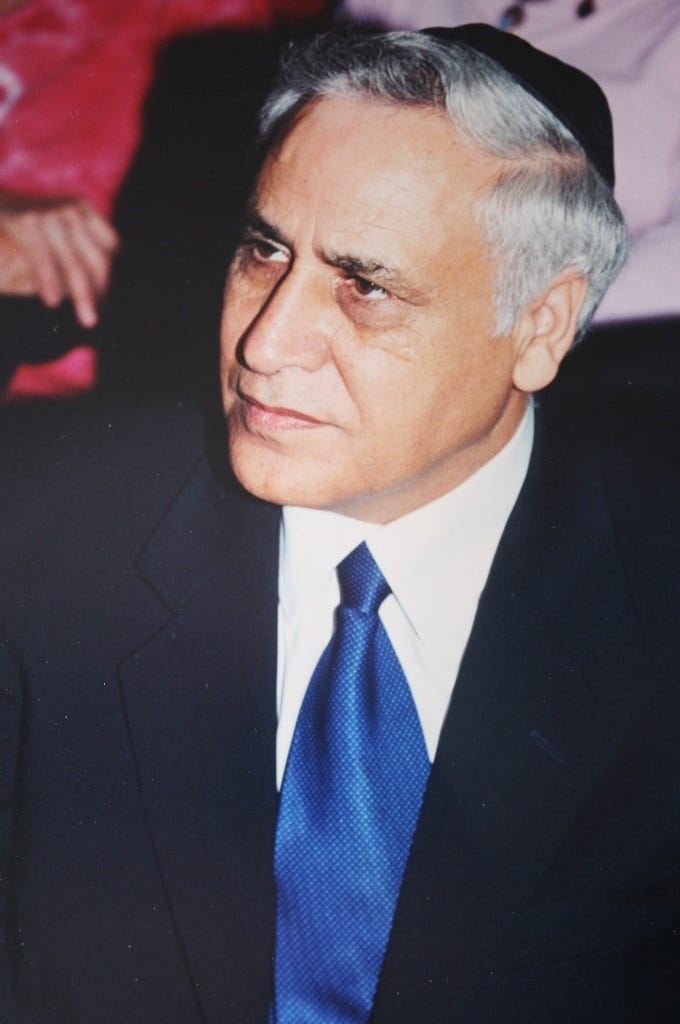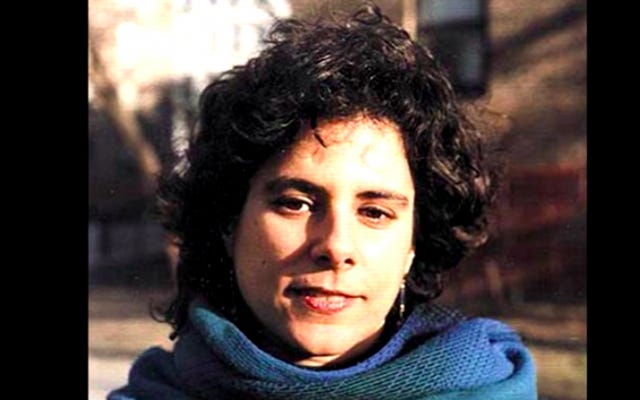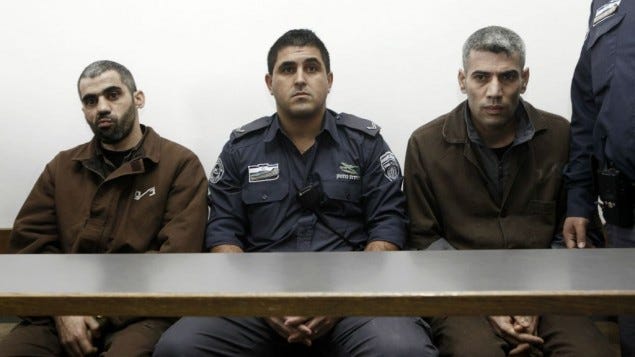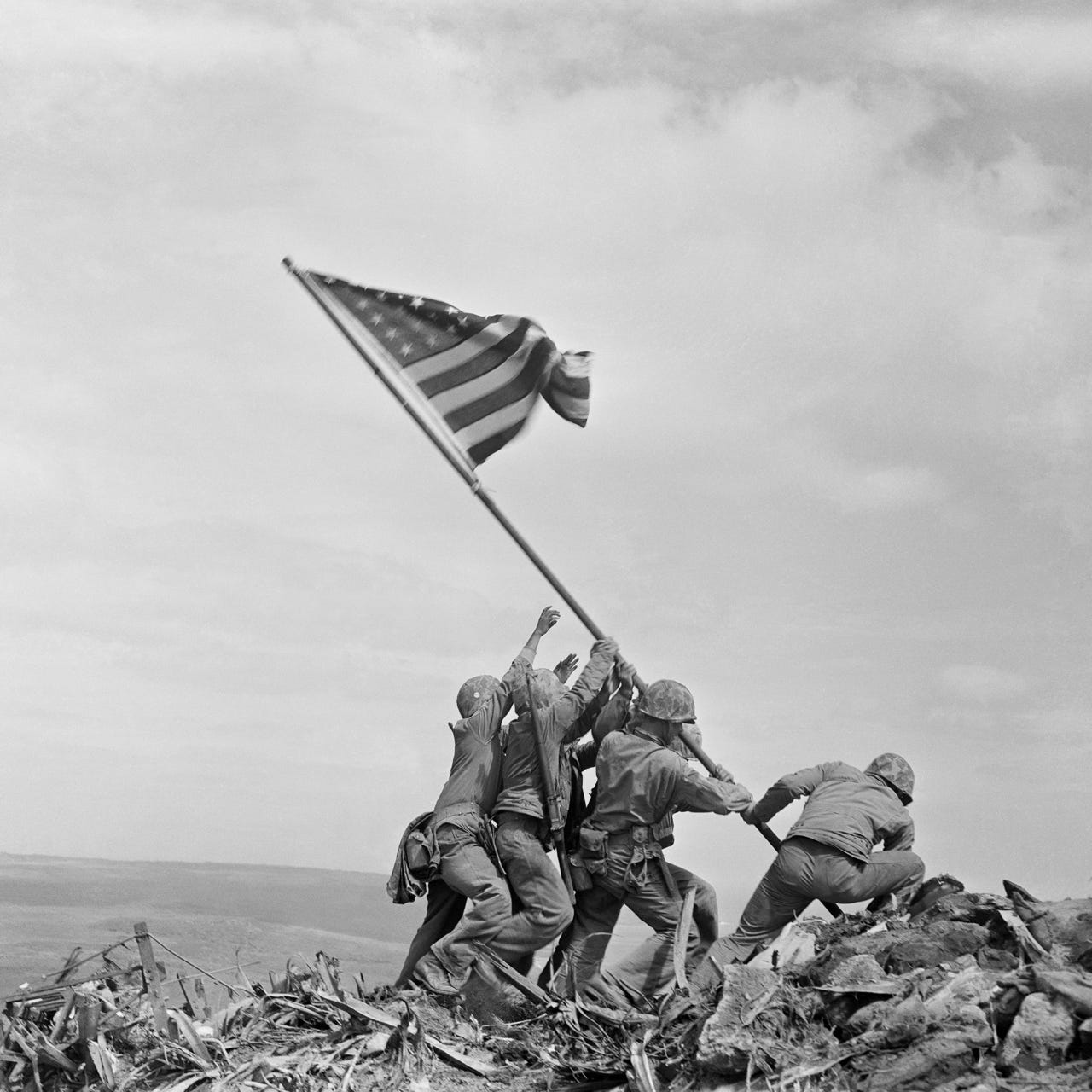In my last post I examined the year 2006 and another war in Lebanon. Click the link below if you missed it.
Today I will wrap up this marathon series by covering the years of 2007 to 2010 and I will end there.
2007
January 17 2007: Lieutenant General Dan Halutz, Chief of Staff of the Israeli Army, resigns while inquiries into the performance of the IDF in the Lebanon War continue.
January 19 2007: Moshe Katsav President of Israel, takes a leave of absence. Dalia Itzik is appointed as acting president.
January 19 2007: Israel releases $100 million in frozen assets to Chairman of the Palestinian National Authority Mahmoud Abbas, in order to bolster Abbas's position and keep the money out of the hands of the Hamas.
January 23 2007: Attorney-General Menachem Mazuz, announces that he would consider charging Katsav with rape, sexual harassment, breach of trust, obstruction of justice, harassment and witness tampering.
January 24 2007: President Katsav holds a press conference, broadcast live on tv, in which he accuses journalists of persecuting him, judging him before all the evidence has been presented or before even actually being convicted. In addition, he also accuses the police of doing everything to prove that he is guilty. (which seems like their job to me)
January 28 2007: Raleb Majadele becomes the first Muslim cabinet minister, when he is appointed Minister of Science, Culture and Sports.
January 29 2007: An Islamic Jihad suicide bomber from the Gaza Strip, infiltrates Israel, heading for Eilat on the Red Sea coast. On the last leg of his journey, he gets a ride from a reserve IDF Lieutenant Colonel. The bomber, 21-year-old Muhammad Faisal al-Siksik, stopped at a bakery to get a coffee. Meanwhile, the IDF officer, Yossi Waltinsky, called the police (he was suspicious, because al-Siksik was wear clothes to warm for the weather). When the police tracked al-Siksik down he was still near the bakery. When he saw the police, the bomber ducked back inside the bakery and detonated his explosives. All three workers inside the shop were killed.
February 14 2007: Lieutenant General Gabriel “Gabi” Ashkenazi is appointed Chief of Staff of the IDF.
April 7 2007: IDF helicopters fire two missiles into the northern Gaza Strip killing a militant trying to breach the border fence.
April 22 2007: Finance Minister Avraham Hirschson takes a three month leave of absence while the Israeli police investigate a claim that he failed to report an embezzlement case when he was working for a trade union.
April 30 2007: Israeli Prime Minister Ehud Olmert is criticized by the Winograd Commission for taking Israel to war in Lebanon last year "hastily”.
May 2 2007: Hamas launches 18 rockets into Israel, damaging a road, hitting a car in a commercial center of Sderot killing an Israeli woman and wounding two others.
May 3 2007: Tens of thousands of Israeli protesters at Rabin Square in Tel Aviv call for Prime Minister Ehud Olmert and his entire government to resign over their mishandling of the 2006 Lebanon War.
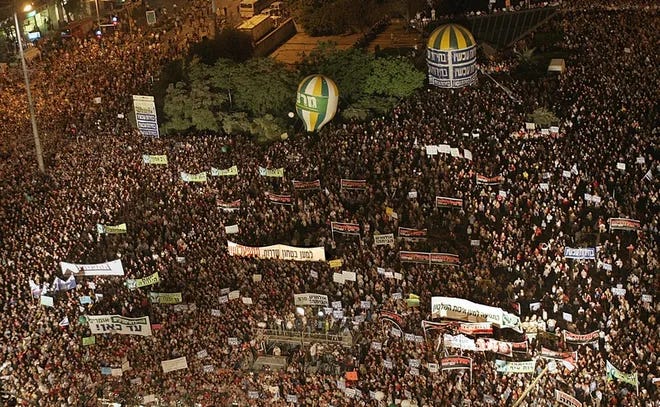
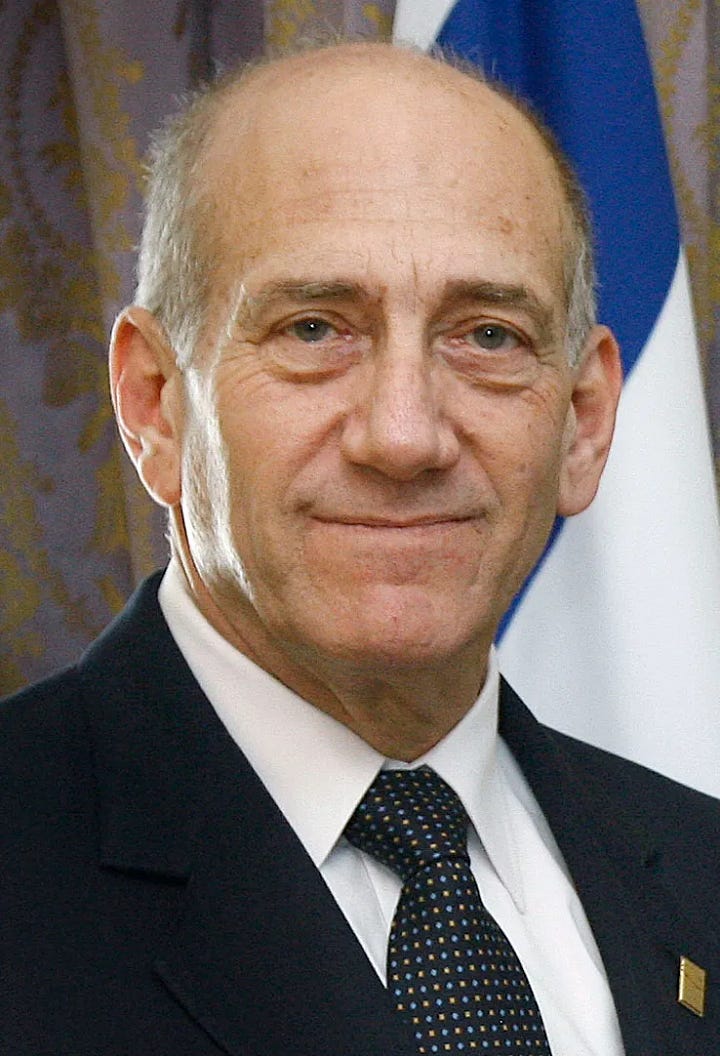
May 17 2007: An IAF fighter drops a bomb on the Gaza City building that housed the Hamas Executive Force. One person is killed and 45 wounded.
May 20 2007: A missile is fired from an IAF fighter, hitting the house of Hamas politician Khalil al-Haya, who was not at home at the time. Eight people are killed and 22 are wounded.
May 21 2007: Eighteen days after rockets hit Sderot, twelve more rockets land in Sderot, killing a man, when one lands next to his car.
June 13 2007: In the 2007 Presidential Election, the Knesset elects Shimon Peres the ninth President of Israel.
June 15 2007: After a battle with Fatah lasting eight days, Hamas takes control of the Gaza Strip. Hamas and Palestinian Authority Prime Minister Ismail Haniya set up a separate government in Gaza, while Fatah rules the West Bank. Israel supported Abbas and Fatah, because they had signed a treaty recognizing Israel’s right to exist while the Hamas charter called for the destruction of the Jewish state.
June 25 2007: Prime Minister of Israel Ehud Olmert meets with President of Egypt, Hosni Mubarak, President of the Palestinian Authority Mahmoud Abbas and King Abdullah II of Jordan, in a summit in Sharm el-Sheikh aimed at boosting Abbas' leadership of the PA and isolating Hamas after their takeover of Gaza. Olmert announces that he will release Palestinian political prisoners as a gesture of goodwill.
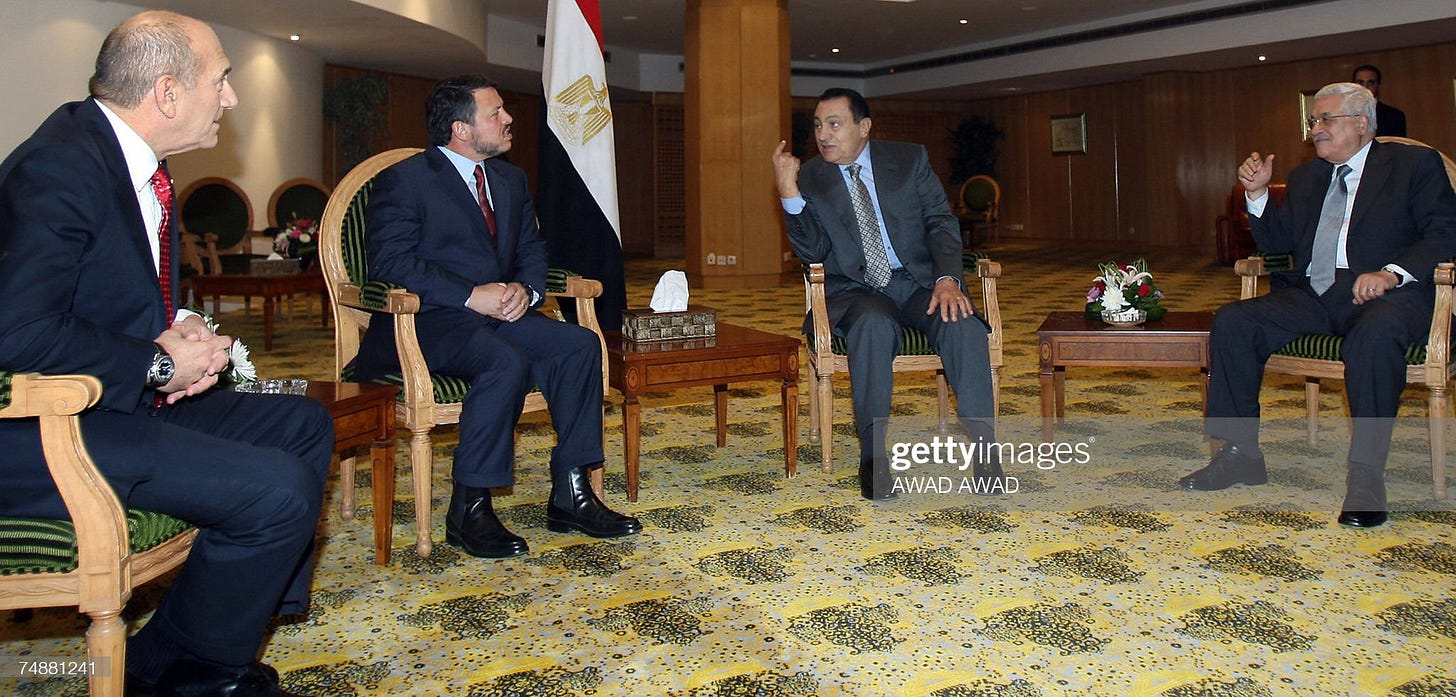
June 28 2007: Disgraced president Katsav’s lawyers reach a controversial plea deal with Menachem Mazuz. According to the deal, Katsav would plead guilty to several counts of sexual harassment and indecent acts and receive a suspended jail sentence, and pay compensation to two of his victims. The more serious rape charges would be dropped.
July 1 2007: Moshe Katsav resigns as President of Israel. Dalia Itzuk continues as acting president.
July 1 2007: Avraham Hirschson resigns as the Finance Minister, as an investigation into alleged fraud and embezzlement continues.
July 15 2007: Shimon Peres assumes the office of President of Israel.
July 18 2007: The Knesset to extend the Tal Law until 2012. This law exempts Orthodox Jews from mandatory military service as long as they are studying in a Yeshiva.
July 20 2007: Israel releases 250 Arab prisoners associated with Fatah, as a goodwill gesture to the Mahmoud Abbas.
August 6 2007: Ehud Olmert visits Jericho, becoming the first Prime Minister of Israel to visit the West Bank or Gaza Strip, and meets with Mahmoud Abbas.
September 5 2007: A team of Shaldag Air Force commandos land undetected in Syria close to the Nuclear reactor in Deir es-Zor. Their mission will be to illuminate the reactor with lasers in order to guide in bombs from IAF planes involved in Operation Orchard.
September 6 2007: The Israeli Air Force launches Operation Orchard, an airstrike on a Syrian nuclear reactor at Deir es-Zor. Ten F-15s, armed with AGM-65 Maverick missiles and 500 pound bombs were escorted by five F-16s, taking off from Ramat David Airbase and flying low to prevent detection by the Syrian air defense network. After destroying a Syrian radar site on the route, the IAF used electronic warfare measures to take over Syrian air-defenses. For the entire period of time that the Israeli fighter jets needed to cross Syria, bomb their target and return to Israeli airspace, Syrian radar was tricked into seeing only empty sky. The site was totally destroyed by the strike.
September 10 2007: Two rockets, launched from Beit Hanun, inside the Gaza Strip, are fired at the Zikim Army Base. One, lands safely in the desert, but the other lands near an unfortified barracks, where Israeli recruits were sleeping. No one was killed but 66 were wounded.
October 10 2007: The Israeli Teachers' Association begins the longest strike in Israel's education system history. The strike ended after 64 days.
November 19 2007: In another gesture of goodwill towards Abbas, and ahead of the 2007 Mideast Peace Conference, Israel releases another 450 Arab prisoners.
November 23 2007: David Shamir, a psychiatrist and officer in a reserve unit of the army's medical corps, is charged with sending e-mails and faxes to Iranian and Hamas officials saying he could provide them with classified information. Shamir told interrogators after he was caught that he was motivated by "greed." The indictment indicated that the Iranians did not accept Shamir's offer. Shamir then turned to Hamas, sending an e-mail in early November to the Gaza Strip's Al-Azhar University, a stronghold of the Iranian-backed group that took over in June, saying that he wanted to "join the struggle." Israeli law forbids contact with the Islamic organization, considered a terrorist group by Israel, the United States and European Union. Shamir also approached the Russian intelligence agency FSB — the Federal Security Service — and expressed an interest in joining its ranks, according to the indictment. The indictment did not say whether Hamas or the FSB replied to Shamir. The charges against the suspect include only attempted espionage, indicating that no classified information actually changed hands.
November 27 2007: Held of the campus of the United States Naval Academy in Annapolis Maryland, the Annapolis Conference brought together the US, Israel, the Palestinian Authority and 40 other nations to discuss the Israeli-Arab conflict. The conference marks the first time a two-state solution is agreed upon as the outline for addressing the road forward. The conference ends with the issuing of a joint statement from all parties but no real progress.
2008
January 16 2008: The Tel Aviv District Court on Thursday sentenced David Shamir, a psychiatrist who served in the IDF, to five years in prison after he was convicted of contacting enemy agents and possessing classified information with the intention of harming the state.
January 24 2008: Two Arabs infiltrate a religious seminary and stab three students in the West Bank settlement of Kfar Etzion before being killed by guards.
January 24 2008: Arab gunmen open fire on Israelis outside the Shuafat refugee camp on the outskirts of Jerusalem, killing a border police officer and seriously wounding a second.
February 4 2008: Hamas suicide bomber detonates his bomb at a shopping center in Dimona. One Israeli is killed and nine are wounded. The attack could have been much worse as police killed an accomplice before he could detonate another bomb.
February 5 2008: In response to the Dimona attack, Israel attacks Hamas targets in the Gaza Strip. Eight Hamas militants are killed.
February 12 2008: After a reception marking the 29th anniversary of the Iranian revolution, founded member of Islamic Jihad and second in charge of Hezbollah, Imad Mughniyeh, is walking to his parked car in Damascus, Syria. As he passes the rear of the car, it explodes, killing Mughniyeh instantly. The Mossad denies responsibility for the killing but they had been trying to kill Mughniyeh for decades.
February 27 2008: 46 Qassam rockets are fired by Arab militants into the Western Negev and Israel's Southern Mediterranean coast. Many hit the city of Ashkelon and the town of Sderot, killing one and wounding 23.
February 28 – March 3 2008: In response to the continuous volleys of rockets being fired into Israel, the IDF launches Operation Hot Winter. The Israeli military conducts small raids and airstrikes in the Gaza Strip and eventually send an entire regiment into Gaza and occupied Jabalia and Shuja'iyya. The operation did not meet its goal of reducing rocket launches into Israel and actually encouraged the firing of more rockets. 112 militants and Arab civilians and three Israeli soldiers were killed and 150 Arabs as well as seven Israelis were injured.
March 6 2008: Alaa Abu Dheim, an Arab from Jabel Mukaber in East Jerusalem, who according to his family was a devout Muslim, but not aligned with any militant group, arrived at the Mercaz HaRav Yeshiva in Jerusalem entered the courtyard of the main entrance, put down the box he was carrying and took out a AKM rifle, and opened fire on a group of students from the yeshiva high school who were standing at the entrance, killing three of them. He then entered the library and fired at the students there, killing five and wounding nine, three of them seriously. Seventeen students managed to escape into an adjacent classroom and blocked the door with a heavy table. Sixteen minutes after the shooting began, Dheim emerged from the library and was killed by an off-duty IDF officer. During the rampage Dheim fired as many as 500 rounds.
March 12 2008: Sayeret Matkal commandos conduct a raid into the West Bank, killing four members of Islamic Jihad.
May 4 2008: Former Finance Minister Avraham Hirschson is indicted on a string of crimes including breach of trust, aggravated fraud, theft, forgery of corporate documents and money laundering.
May 12 2008: Israeli police raid City Hall in Jerusalem to seize documents related to alleged bribes given by Israeli businessman Moshe Talansky to Prime Minister Ehud Olmert.
June 6 2008: An Israeli man is killed and four other people are wounded when Hamas militants in the Gaza Strip fire a mortar at kibbutz Nirim in southwestern Israel.
July 2 2008: An Arab citizen of Israel and resident of East Jerusalem, steals a front-end loader from a construction site and drove it the wrong way down Jaffa Road in Jerusalem. The attacker flipped a bus and crushed several cars before being killed by an off-duty IDF soldiers (and oddly the brother-in-law of the officer who killed the attacker in the Mercaz HaRav Yeshiva attack). Three people were killed and 30 were wounded.
July 8 2008: The Baha’i holy places; Shrine of the Báb and Shrine of Baháʼu'lláh in Haifa are designated by UNESCO as World Heritage Sites.
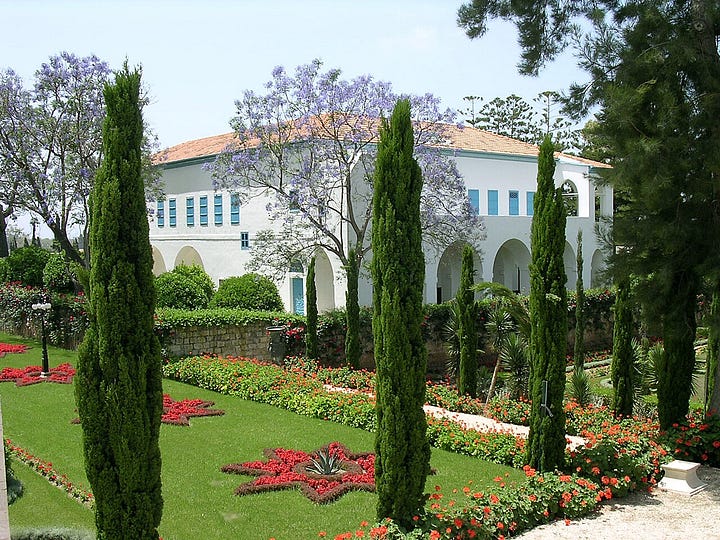
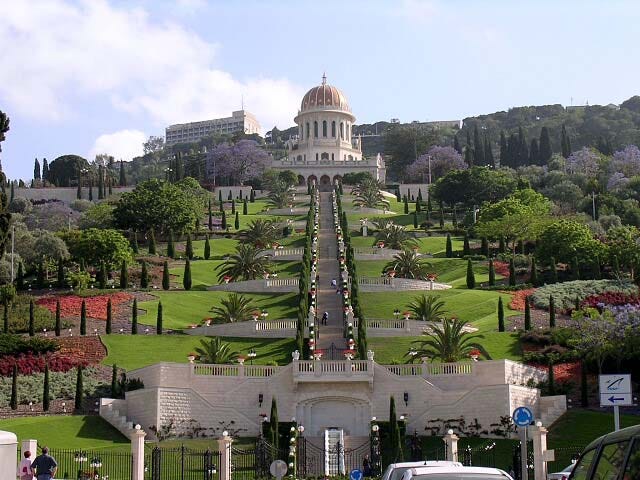
July 16 2008: Hezbollah trades the bodies of Ehud Goldwasser and Eldad Regev, the soldiers who’s kidnapping started the 2006 Lebanon War, for terrorist Samir Kuntar, four Hezbollah prisoners captured during the Lebanon War and the bodies of 199 Palestinian Arab and Lebanese fighters. Kuntar had been convicted of the 1979 killings of policeman Eliyahu Shahar, Danny Haran, his 4-year old daughter Einat and his two-year-old daughter Yael. Kuntar had been serving four life terms plus 47 years for the crimes.
July 30 2008: Prime Minister Ehud Olmert announces that he would not seek re-election as party leader and that he would resign from his position as Prime Minister immediately after a new Kadima (his party) leader was named. The corruption scandal in which Olmert is embattled was a major reason for this announcement.
August 1 2008: General Muhammad Suleiman, Special Presidential Advisor for Arms Procurement and Strategic Weapons to Syrian President Bashar al-Assad, who was also in charge of arms transfers from Syria to Hezbollah and Hamas, is killed by Shayetet 13 snipers as he is having a dinner party at his beach house in Tartus. The snipers, who had swam to a beach near his villa from a boat about a mile offshore, shot him simultaneously with silenced rifles while he was eating dinner with nine other people, and simply swam back to the boat and left. Syria never officially acknowledges his killing, just saying that he died. No state funeral was held and no eulogy was ever printed, no did Israel claim credit for his assassination. It was like both sides decided that if they didn’t comment it wouldn’t escalate the situation.
August 25 2008: During a visit by US Secretary of State Condoleezza Rice, Israel releases 199 Arab prisoners as a goodwill gesture.
September 17 2008: Foreign Minister Tzipi Livni is selected as the new leader of the Kadima party, putting her in the position to possibly become the first female Prime Minister of Israel since Golda Meir.
September 21 2008: Ehud Olmert officially submits his resignation to President Shimon Peres. New Kadima leader Tzipi Livni begins talks on forming a new government.
September 22 2008: Nineteen people are injured when an Arab drives his car into a crowd of IDF soldiers at a busy intersection in Jerusalem. The driver is shot and killed at the scene by IDF soldiers.
December 16 2008: 24 Russian tourists are killed when their bus plummets into a ravine near Eilat in southern Israel. This is the deadliest vehicle accident in the history of Israel.
December 27 2008: The 2008 Population Census shows that there are : 7,465,500 inhabitants in Israel. 75.5% of them registered as Jewish (5,634,300 people), 20.3% of them registered as Arabs (1,513,200 people), while the remaining 4.2% (318,000 people) are registered as "others".
December 27, 2008 – January 18, 2009: In another operation to curtail rocket fire, the IDF launches Operation Cast Lead, a large-scale three-week campaign in the Gaza Strip. (See entry for the ending of the operation below).
2009
January 5 2009: The Tamar gas field, with approximately 817 billion cubic feet of natural gas, is discovered off the Mediterranean coast of Israel.
January 17 2009: Ehud Olmert announces a ceasefire effective a midnight. The ceasefire consisted of two phases: "First a ceasefire is declared. If Hamas stops firing rockets then Israel pulls its forces out of the Gaza Strip. If rocket fire resumes then the IDF goes back in, this time with the international backing gained by having tried a truce." Olmert declared that the military objectives had been met. Hamas initially "vowed to fight on", and responded that any continued Israeli presence in Gaza would be regarded as an act of war. Farzi Barhoum, a Hamas spokesman, said before the ceasefire began, "The occupier must halt his fire immediately and withdraw from our land and lift his blockade and open all crossings and we will not accept any one Zionist soldier on our land, regardless of the price that it costs”. Palestinian militants resumed rocket fire into southern Israel the following morning, four of the six fired landed in or near Sderot. The Israeli military returned fire and launched an air strike against the rocket launching site in northern Gaza. On January 18, Hamas, Islamic Jihad and other militias said they would stop launching rockets into Israel for one week and demanded "the withdrawal of the enemy forces from the Gaza Strip within a week, along with the opening of all the crossings for the entry of humanitarian aid, food and other necessities for our people in the Gaza Strip”. Three days later, the last Israeli troops left Gaza. Both Israel and Hamas were accused of using controversial military tactics during the conflict. Hamas was accused of using human shields to stop Israel from attacking certain Hamas targets. Israel was accused of several things including the use of white phosphorous, disproportionate force and the use of Dense Inert Metal Explosives (DIME), a type of explosive that has a relatively small but effective blast radius. intended to limit the effective distance of the explosion, to avoid collateral damage in warfare but emerging criticism of DIME weapons is that they might turn out to have strong biological effects in those who are hit by the micro-shrapnel from these explosives. (So instead of killing 50 people it only kills 18 people, how is that bad?)
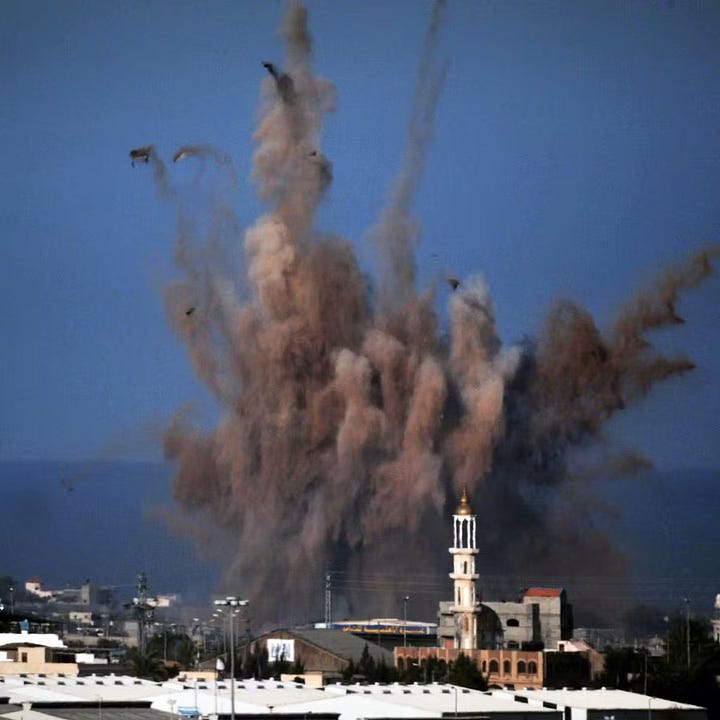
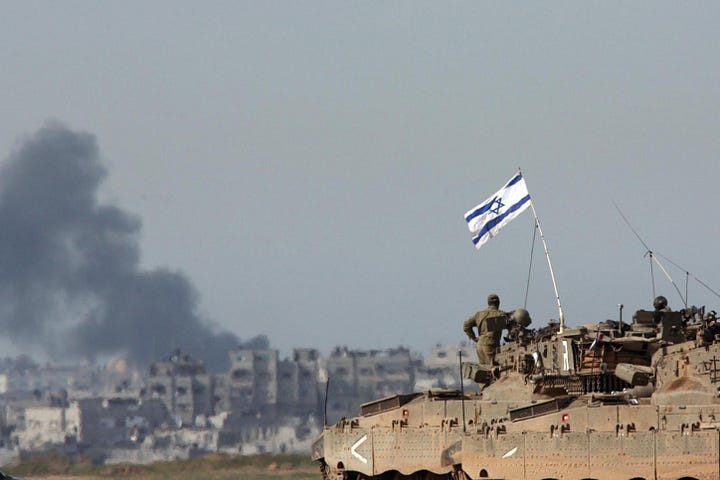
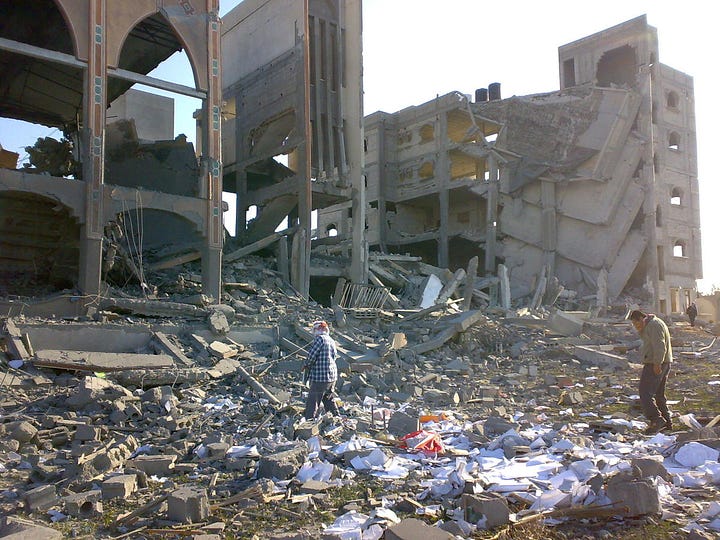
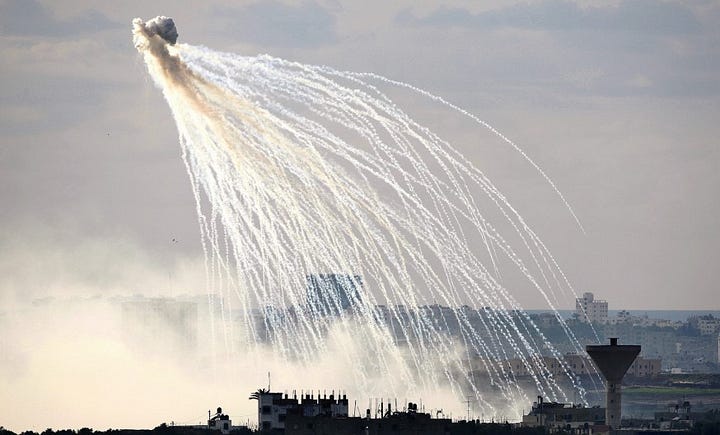
January 27 2009: – Palestinian Arab militants detonate a bomb at the Kissufim crossing between the Gaza Strip and Israel. One Israeli soldier is killed and three are wounded.
March 5 2009: An Arab resident of East Jerusalem attacks an Israeli police car and a bus on the Menachem Begin Expressway in Jerusalem using a bulldozer, injuring two police officers before being shot to death.
March 19 2009: Former Israeli president Moshe Katsav is formally indicted in a Tel Aviv court for rape and other sexual offences against three women who had worked for him.
April 2 2009: An Arab man armed with a pickax rampages in the settlement of Bat Ayin, killing a 13-year-old Israeli boy, and wounding a seven-year-old boy before fleeing the area.
May 11–15 2009: Pope Benedict XVI visits Israel, the West Bank and Gaza Strip. During his visit, the pope condemns Holocaust deniers, and calls for cooperation between Arabs and Israelis.
May 19 2009: Benjamin Netanyahu meets with President Barak Obama at the White House, where they discuss the Arab-Israeli conflict and Israel's settlements in the West Bank. While Obama says that a two-state solution is a priority for the US, Netanyahu refuses to support the creation of a Arab state. The settlement issues is also a point of contention between the President and the Prime Minister, Netanyahu says Israel has the right to continue settlements, whereas Obama calls for a freeze on settlements.
June 8 2009: Former Finance Minister Avraham Hirschson is convicted of embezzling millions of NIS (New Israeli Shekels) from the National Workers Labor Federation, during the period in which he served as its chairman. He is sentenced to five years and five months of jail and a fine of 450,000 NIS.
June 14 2009: Ten days after President Obama’s A New Beginning speech in Cairo, Benjamin Netanyahu gives a speech at Bar-Ilan University, in which he endorsed, for the first time, a "Demilitarized Palestinian State", after two months of refusing to commit to anything other than a self-ruling autonomy when coming into office. The speech is widely seen as a response to Obama's speech.
June 16 2009: Ten Arab terrorists belonging to an Al-Qaida cell launch an attack at the Karni crossing using horses laden with explosives. Four terrorists and the horses are killed in the ensuring firefight with the IDF.
June 25 2009: During the 2009 NBA Draft, the Israeli basketball player Omri Casspi is selected 23rd overall by the Sacramento King, making him the first Israeli to be selected in the first round of the NBA draft.
August 1 2009: Two people are killed and fifteen injured in a shooting at a LGBT center in Tel Aviv. It is not believed to be an attack by Arab nationalists but the shooter has never been caught.
August 20 2009: Leading Israeli TV personality Dudu Topaz commits suicide in the Nitzan Detention Center in Ramla by hanging himself in the prison shower, while awaited trial on charges of ordering physical assaults against top Israeli media executives. He was mad about his tv show being cancelled.
August 30 2009: Former Prime Minister Ehud Olmert is indicted on three counts of corruption.
September 13 2009: An IAF F-16 F-16A crashes while on a training flight over the southern Hebron hills, killing pilot Captain Assaf Ramon. Assaf was the son of Ilan Ramon, former F-16 pilot and Israel's first astronaut, who was killed in the Space Shuttle Columbia disaster.
September 24 2009: In an address to the United Nation General Assembly in New York, Prime Minister Benjamin Netanyahu said Iran poses a threat to the peace of the world and that it is incumbent on the world body to prevent it from obtaining nuclear weapons.
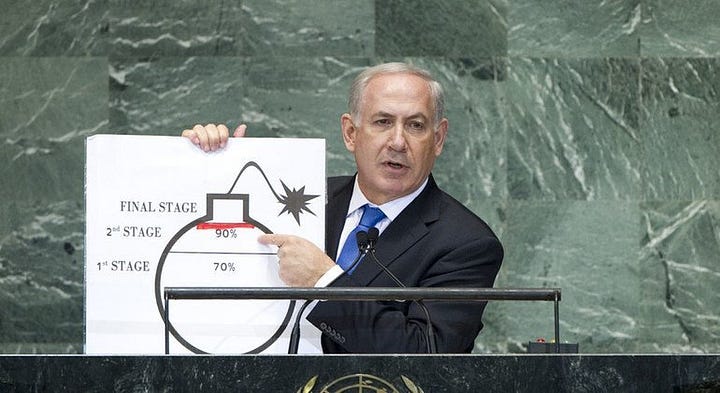
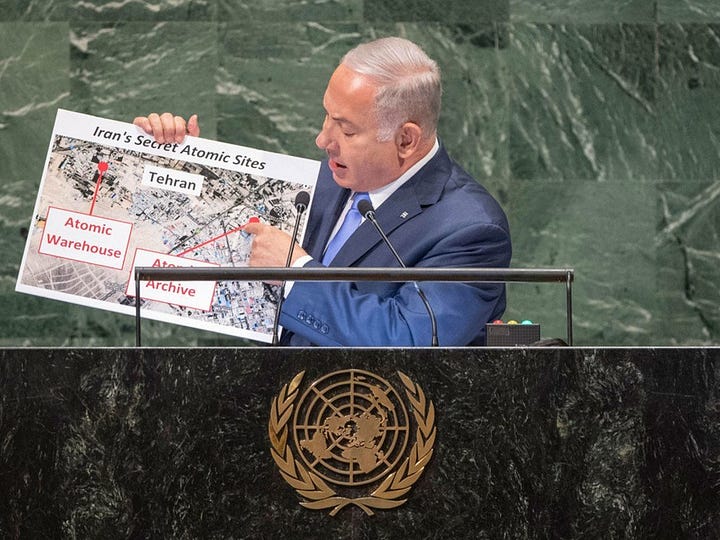
October 2 2009: Israel releases twenty female Arab prisoners in exchange for Hamas releasing a videotape that proves that the Israeli captured soldier Gilad Shalit, is still alive. The video is quickly released to the public.
October 28 2009: Omri Casspi becomes the first Israeli to play in the NBA with his debut with the Kings.
November 4 2009: Shayetet 13 commandos board and seize the MV Francop a German-owned Antigua-flagged container ship, in the Eastern Mediterranean bound for Hezbollah forces in Lebanon. On board, among regular cargo, was 340 tons of arms and ammunition from Iran, including 6,000 Quassam rockets.
November 14 2009: 3,000 ultra-Orthodox Jews demonstrate outside the offices of US firm Intel in Jerusalem protesting work taking place at the site on the Sabbath.
November 25 2009: Prime Minister Netanyahu announces a ten-month moratorium on permits for new settlement homes in the West Bank. This is seen as a result of pressure from the Obama administration, which urged the sides to seize the opportunity to resume talks. In his announcement, Netanyahu calls the move "a painful step that will encourage the peace process" and urges the Arabs to respond.
December 10 2009: Ada Yonath receives the Nobel Prize in Chemistry alongside Venkataraman Ramakrishnan and Thomas Steitz, for studies on the structure and function of the ribosome. She is the first female Israeli Nobel laureate, the first woman from the Middle East to win a Nobel prize in the sciences, and the first woman in 45 years to win the Nobel Prize for Chemistry.
December 12 2009: The Knesset passes a highly controversial bill calling for the creation of a biometric database of all Israeli citizen. It would contain fingerprints, DNA and facial recognition data.
2010
June 16 2010: 25 miles north of Eilat, IDF soldiers stop three armed men from crossing into Israel from Egypt. During the incident, one of the men is killed and the other two flee back into Egypt, leaving behind an explosive device.
July 10 2010: A new bill is introduced in the Knesset, that would force Haredi Jewish schools to teach core subjects such as mathematics, science, English, and civics, or lose state funding.
July 26 2010: Six IAF Airmen and one Romanian Air Force Officer are killed when an IAF CH-53 Yasur crashes during a joint Israeli-Romanian exercises in the Carpathian Mountains.
July 27 2010: Following a long legal battle, Israeli police demolish the bedouin village of al-Araqeeb just north of Beersheba. The village has been destroyed and rebuilt 146 times.
August 3 2010: An IDF officer is killed and another seriously wounded when they came under fire from the Lebanese Army, while on a brush-clearing operation on Israel's side of the border, near kibbutz Misgav Am. The IDF returned fire resulting in the death of two Lebanese soldiers and a Lebanese journalist. Several Lebanese soldiers and another journalist are reportedly wounded.
August 19 2010: Israeli mathematician, Elon Lindenstrauss is awarded the Fields Medal, becoming the first Israeli recipient of this award.
October 10 2010: The Israeli cabinet approves a loyalty oath, requiring all future non-Jews applying for Israeli citizenship, to swear loyalty to Israel and acknowledge it as a Jewish and democratic nation.
November 14 2010: The Knesset approves a plan to allow 8,000 Falasha Mura, (descendants of Ethiopian Jews who converted to Christianity), into the country.
November 30 2010: After four years of construction, the Carmel Tunnels are inaugurated and opened to traffic, cutting the current travel time from the Haifa South interchange in the west to the Checkpost interchange in the east from 40 minutes down to 8 minutes.
December 2 2010: The largest forest fire in Israeli history, the Mount Carmel Fire devastates hundreds of acres of pine forest. The fire also engulfs a bus carrying cadets from the Israel Prison Service’s officer course, who were en route to evacuate prisoners from the Damun Prison which was in the path of the fire. 44 people are killed in the incident. The fire wouldn’t be brought under control for three days.
December 30 2010: Israel's former President Moshe Katsav is convicted of two counts of rape, sexual harassment and obstruction of justice by a court in Tel Aviv.
March 10 2010: The Israeli government’s approval of construction of an additional 1,600 apartments in a large Jewish housing development in northeastern Jerusalem called Ramat Shlomo draws a strongly worded condemnation of the plan. It was announced during a visit to Israel by US Vice President Joe Biden (I wonder if he remembers going there?).
May 31 2010: Israeli naval forces raid and capture a flotilla of ships organized by the Free Gaza Movement and the Turkish Foundation for Human Rights, Freedoms and Humanitarian Relief, who are attempting to break the joint Israeli-Egyptian blockade of Gaza. A confrontation on one ship results in nine activists being killed and 25 wounded.
June 14 2010: The Israeli government announces the formation of the Turkel Commission of Inquiry to investigate the Gaza flotilla raid and the blockade of Gaza.
September 2 2010: After ten months and seven rounds of indirect talks that began in November 2009, US brokered direct negotiations between Israel and the Palestinian Authority began in Washington DC. On September 14 a second round of talks concluded in Sharm el-Sheikh, Egypt. Palestinian Authority President Mahmoud Abbas stated that during the talks, the Palestinian Authority and Israel agreed on the principle of a land swap, with Israel exchanging small parts of its own territory in exchange for border settlement blocs. The issue of the ratio of land Israel would give to the Palestinians in exchange for keeping border settlement blocs was an issue of dispute, with the Palestinians demanding that the ratio be 1:1, and Israel offering less. On September 21, 2010 Palestinian Prime Minister Salam Fayyad stormed out of a meeting in New York, which was held as part of the Ad Hoc Liaison Committee and canceled a scheduled joint press conference with the Israeli President Shimon Peres and Israeli Deputy Foreign Minister Danny Ayalon following Ayalon's demand that the meeting summary refer to the notion of “two states for two peoples”, meaning Israel as a Jewish state alongside a Palestinian state, rather than a Palestinian state alongside a bi-national Israel. Ayalon later commented on the event, stating: "What I say is that if the Palestinians are not willing to talk about two states for two peoples, let alone a Jewish state for Israel, then there's nothing to talk about", and that "if the Palestinians think that they can create one Palestinian state and one dual-nationality state, this will not happen"
As the Israeli 10-month freeze on settlement construction was nearing its expiration date on September 26, Mahmoud Abbas stated that he would abandon the negotiations if settlement construction was renewed. He said "Israel has a moratorium for 10 months and it should be extended for three to four months more to give peace a chance.” In the view of the Palestinian Authority leadership, Israeli construction of settlements constitutes Israel's imposition of “facts on the ground” in the West Bank, and is a violation of international law. On September 22, the Knesset passed a law requiring a public referendum and the votes of at least 60 Knesset members ahead of any withdrawal from East Jerusalem or the Golan Heights. The law was criticized by the Palestinian Authority and the Arab League. On September 25, a day before the Israeli settlement freeze's expiration, Palestinian Authority President Mahmoud Abbas claimed in a speech to the UN General Assembly that Israeli settlements were a key issue, stating that "Israel must choose between peace and the continuation of settlements", the United States was also pushing for Israel to extend the settlement freeze. Despite Palestinian and international pressure to extend the moratorium, on September 26 the the freeze expired. Benjamin Netanyahu called on West Bank settlers to "show restraint" following the end of the freeze. Several Israeli right-wing politicians called for a swift resumption of construction, and backed settlers' plans to resume building as soon as possible. Israeli Foreign Minister Avigdor Lieberman, rebuffed claims that the renewal of West Bank settlement construction was a provocative move meant to torpedo the peace talks. Lieberman said the Palestinians failed to accept the gesture of the moratorium for nine months and "now they are pressuring Israel to continue the very freeze they rejected." Lieberman said Israel was ready to enter peace talks with no preconditions. Lieberman also ruled out that a Palestinian state will be established in the coming of two years. The rejection to extend the moratorium was harshly criticized worldwide. Abbas stated that Netanyahu cannot be trusted as a 'genuine' peace negotiator if the freeze is not extended.
September 28 2010: The Israeli Navy intercepts the “Irene” a ship heading from Cyprus to Gaza, carrying nine Jewish activists from the US, the UK, Germany and Israel attempting to break the Israeli naval blockade of Gaza.
February 24 2010: Members of a Arab terrorist cell infiltrated into Israel from a Palestinian Authority controlled area through gaps in the security barrier near Betar Illit. They burgled a house and stole a car from Beit Shemesh and drove to the Beit Jimal Monastery. At the monastery, they spotted Neta Sorek walking alone in the monastery gardens and decided to murder her. They stabbed her to death and fled the vicinity in their stolen car.
March 26 2010: A team of IDF soldiers from the Golani Brigade cross the border into the Gaza Strip pursuing several people who were seen placing explosive devices near the Israeli border fence, is ambushed and attacked with mortar shells and gunfire from inside the Strip. Two soldiers are killed and three are injured. Hamas claims responsibility for the attack.
June 11 2010: An Arab militant attempts to run over two Israeli border policemen in the Jerusalem neighborhood of Wadi al-Joz, close to the Old City. Other members of the border police force, who are at the scene, shoot and critically wound the driver as he tries to escape.
June 14 2010: One Israeli policeman is killed and three policemen are injured when a militant open fire on their vehicle on Highway 60, south of Hebron.
August 31 2010: An Arab militant opens fire on a car near the West Bank town of Kiryat Arba. Four Israelis, including a pregnant woman, are killed. Hamas claims responsibility for the attack.
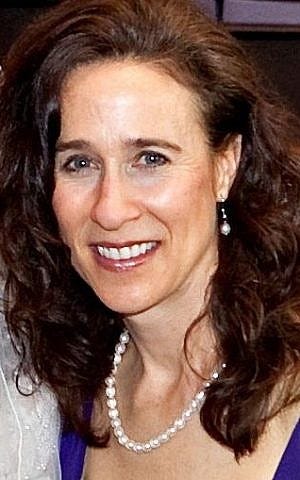
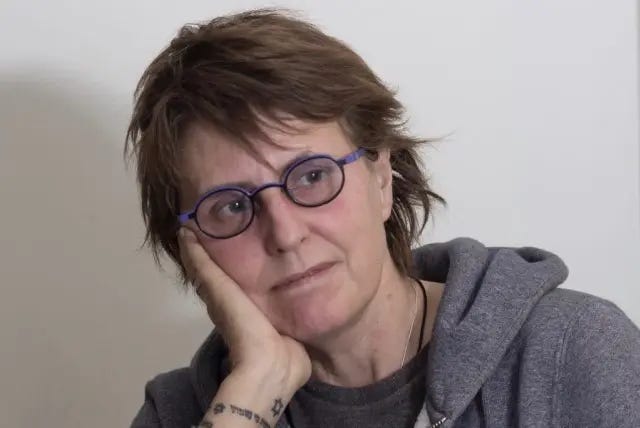
December 18 2010: Kristine Luken, an American Christian missionary and Kay Wilson, a British-born Israeli citizen were hiking in the Mata forest, near the town of Beit Shemesh, west of Jerusalem, when they noticed two Arab men approaching them and were suspicious of their intentions. The men attacked them armed with a long serrated knife. The women attempted to fight back, Wilson managed to stab an attacker with a pocketknife, before they were subdued. The men stole their money and removed Wilson's necklace. Wilson recalled: "I didn't understand whether they wanted to rape us or mug us. They removed my Star of David. I tried to convince them we weren't Jewish."
Wilson instructed Luken to feign an epileptic attack and told their assailants that they were part of a tour group that would soon be returning. After half an hour of being held at knife point, their shoes were removed and their hands tied behind their backs. After being gagged with parts of a fleece jacket, the two women were separated and forced to their hands and knees. The two women begged for their lives but were then stabbed multiple times. Wilson later told police: "I realized he was going to behead me. I saw Kristine murdered before my eyes. She was yelling. I didn't want it to hurt me. I tried to keep silent. It was tough, because the beatings were hard, but I tried to play dead."
Wilson was stabbed 13 times and sustained several broken ribs, punctured lungs and diaphragm, a dislocated shoulder, a broken shoulder blade, and a broken sternum and Luken was fatally stabbed in the attack. The attackers returned a few minutes later to confirm that the two women were dead. Wilson was stabbed again in the chest. She said: "I played dead. I saw [the knife] hadn't gone into my heart. My friend was dying, I heard her making gurgling sounds." Wilson regained consciousness and found herself between bushes in the forest. Feeling weak and severely injured, she tried to shift herself to the forest trail so that other people might discover her. She recounted: "I just wanted to sleep and felt as though I were about to collapse, but I knew I could not fall asleep. I tried to get up three times and fell down, I deviated from the path and couldn't find my way, and it was very difficult for me to breathe, but I had to make a switch in my head and think positive." With her hands still bound behind her back, Wilson staggered barefoot and bleeding heavily from multiple stab wounds for more than 3/4 of a mile until reaching a parking lot where a family alerted the authorities. She was hospitalized in critical condition. Because Wilson stabbed one of the attackers with her penknife, the DNA on her knife led to the capture of an Arab terror cell. A month after the attack, Israeli police arrested three members of the terror cell responsible for the murder of Luken and the attempted murder of Wilson.
In addition to admitting to Luken's murder, members of the terror cell confessed to the murder of Neta Sorek from earlier that year and said that they had committed additional stabbing and shooting attacks. The men declared their goal was to murder Jews. The three members of the cell were indicted for two murders, two attempted murders, rape and a series of other violent crimes. The Jerusalem District Court convicted Kifah Ghanimat of the murder of Luken and sentenced him to two life sentences and 60 years in prison. He was also convicted of unlawful entry into Israel, stealing weapons, weapons trading and four counts of attempted murder. Kifah Ghanimat was also convicted of one count of aggravated rape from July 2009. The judges said that Kifah Ghanimat: "...was just evil for the sake of being evil, cruel and apathetic to his fellowman, as he stabbed two helpless women to death and slaughtered others with a large knife, and doing such things for months. The cries of the victims echo not only in our imagination but are also heard in the family members' immense suffering." Ayad Fatafta was convicted of a number of offenses including the murder of Luken and the attempted murder of Wilson. For the murder of Neta Sorek, Ibrahim Ghanimat, received a life sentence and 16 additional years in prison and was also convicted on further charges including car theft and unlawful entry into Israel.
That is the end of 2010 and the end of this series of posts. I could keep going but I think 3,321 years of history over seven months is enough. I believe that I have shown that, while Israel isn’t perfect, far from it in fact, they are a country worth defending and the only democratic country in the region. The history of the Jewish people is long and filled with persecution and death and it has shaped the very DNA of their people. Pundits sometimes ask, “why can’t Israel be more accommodating in their relations with the Arabs?” Well, how accommodating would you be, if your nation had been born into war, had seven countries invade the day after the birth, had two other occasions where the very existence of your country was at risk and where even today, there are countries and other groups that deny your right to exist? How would you feel if your ancestors were killed and thrown into ovens just for being Jewish? I started this series by say I was a non-Jewish Zionist and I say it again. If there were ever a people that deserved a home of their own it is the Jewish people. Long may the Star of David fly over the land of Israel! Thank you for reading this and please share it with anyone who might be interested. Goodbye for this week. Next week I will be discussing a new topic!
Chris

